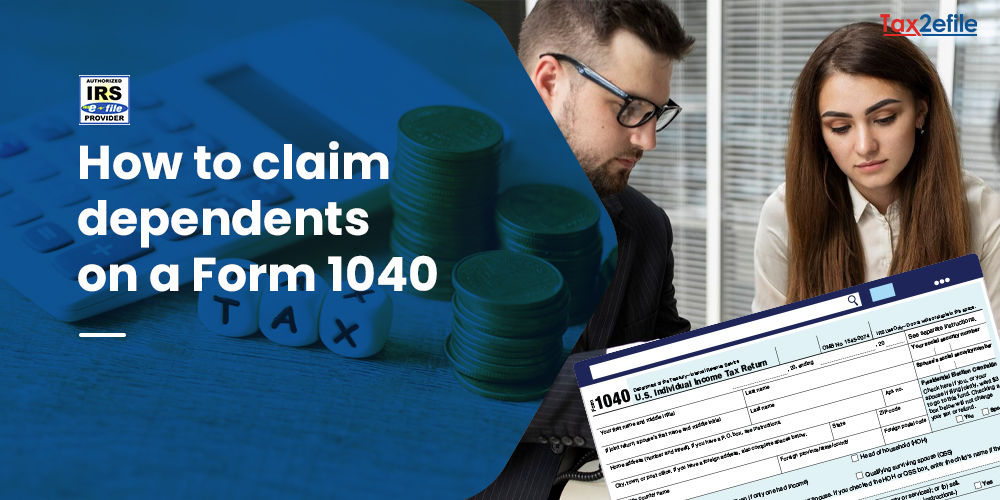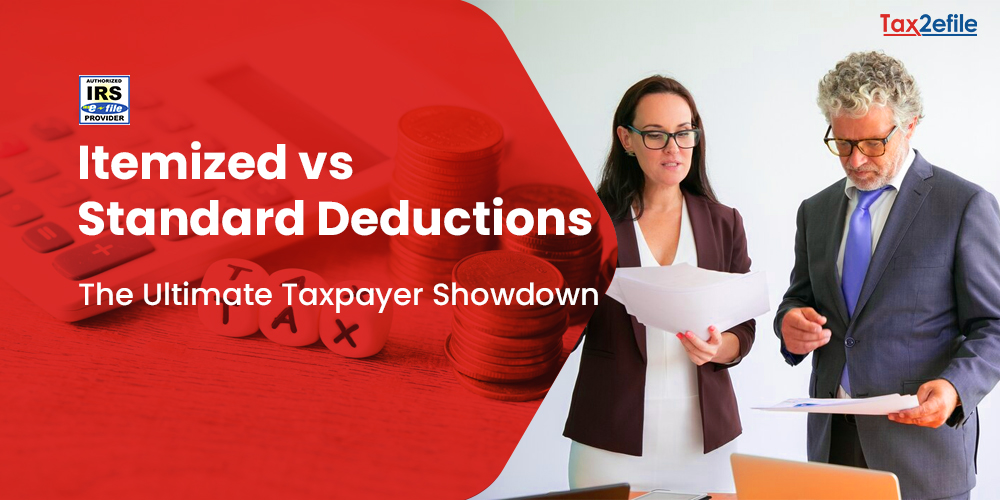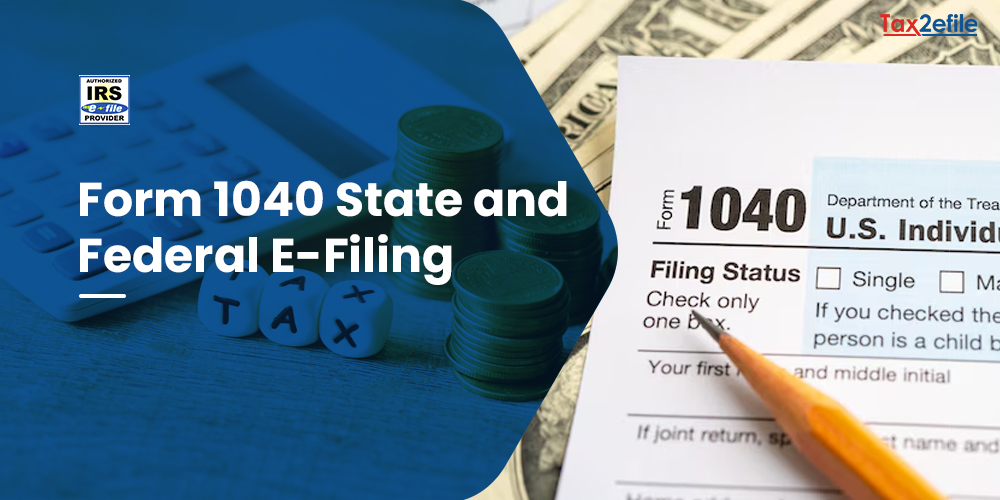- September 26, 2022

The Internal Revenue Service has announced that the taxpayers can now amend many IRS 1040 Forms, electronically. The Forms coming under this inclusion are corrections to Form 1040 NR, Forms 1040- SS, and Forms 1040- PR.
This initiative has become much more significant since 2020 when the IRS first launched its ability to file amended returns. This is an important milestone to help the tax community and the taxpayers.
This new feature will help taxpayers to make corrections to their IRS forms. Such advancements will also help the IRS with its inventory work on the backlog of amended returns. The IRS is using this option to help them get back on track.
Electronically Amending Form 1040 Series
IRS adds a new electronic checkbox for Forms 1040/ 1040 SR, 1040- NR, 1040-SS/ 1040- PR to indicate the electronic filing of superseding returns. A superseded return is the one that the taxpayer files after the original return filing. But it gets submitted before the due date, including the extensions.
Taxpayers can also use this facility to amend their returns electronically if there is any change to their filing status. They can use this opportunity to add a dependent, whom they have claimed previously in another return.
If a taxpayer files a tax return with missing or incorrect information, they can amend their tax using Form 1040-X. They cannot use this form to report clerical errors, as the IRS handles this. They can use this amendment to report changes such as,
- correcting the filing status.
- adding or removing a dependent.
- claiming tax deductions or credits you have missed.
- adding taxable income, they forgot to add in the past forms.
Taxpayers should file an amended return within three years from the original filing deadline, or within two years of paying the tax due for that year if the date is earlier.
When to file an amended tax return?
There are chances for mistakes to happen even on tax returns. That is why the IRS allows taxpayers to correct their tax returns if they find errors on the filed return. Some situation that calls for an amendment is as follows.
- failing to claim a tax deduction or credit
- accidently claiming the wrong tax filing status
- wishing to add or remove a dependent
- failing to claim taxable income on the tax return
- realizing that you are not eligible for an expense, deduction, or credit.
The tax filers need not file and amended return if they wish to correct their errors with the recently filed tax return. The IRS will correct these mistakes on its own. It will send a bill for an additional tax due, or a refund if the error was in favor of the taxpayer.
Therefore, before filing an amended return, the taxpayer should ensure that the IRS has processed the tax return, for the Form they wish to amend. The taxpayers can file the amendment within three years from the date of the original filing of the tax Form, or within three years of paying the tax due.


